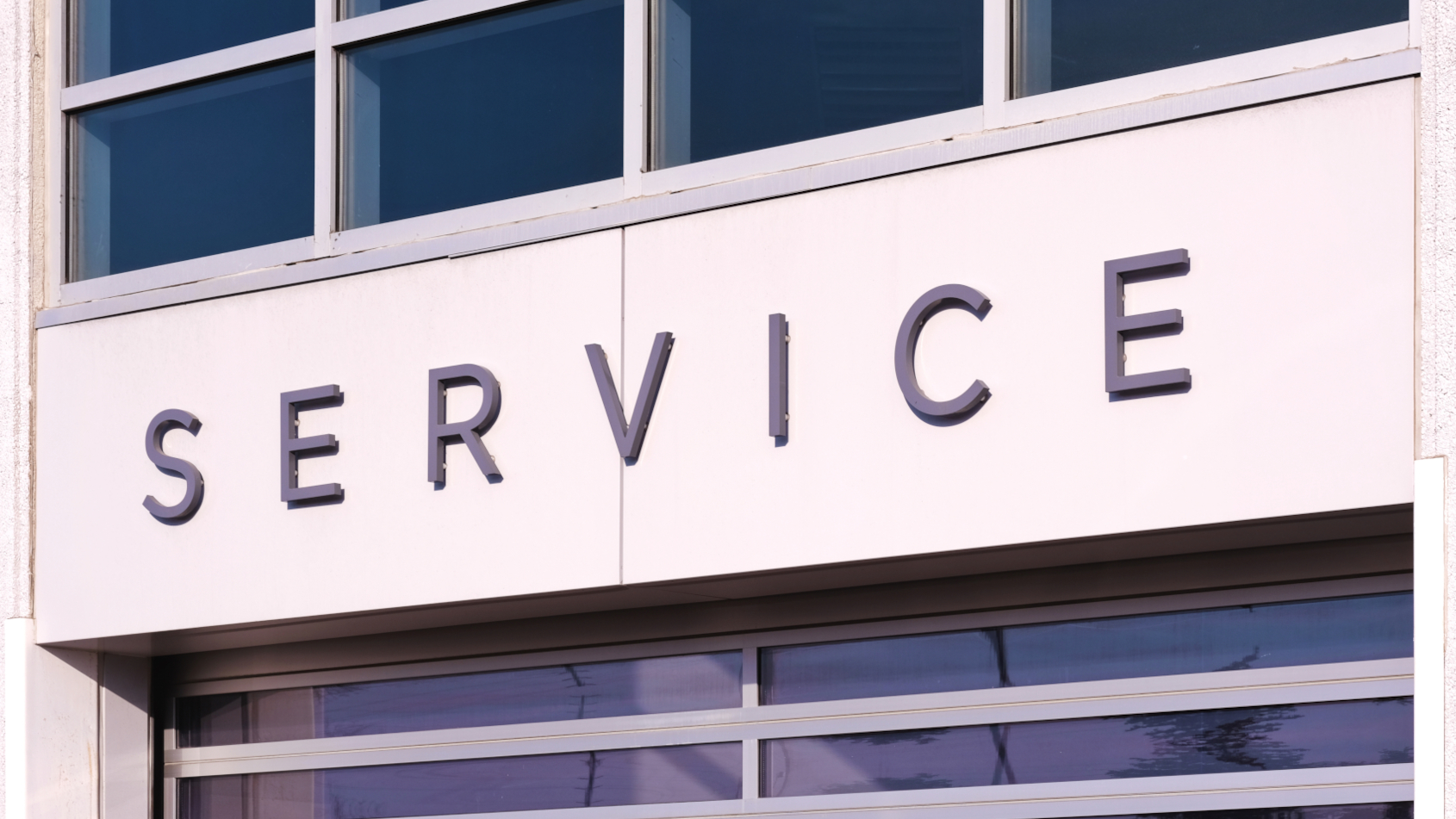COMMENTARY: The imperative of automating customer retention in auto dealership service lanes

By subscribing, you agree to receive communications from Auto Remarketing and our partners in accordance with our Privacy Policy. We may share your information with select partners and sponsors who may contact you about their products and services. You may unsubscribe at any time.
Sales are projected to fall in the second of the half of the year, and dealers need to seek ways to optimize operations, reduce costs, and improve customer satisfaction. While much attention is often paid to retention in new car sales, the service lane represents a critical yet usually underutilized profit center through retention.
Automating customer retention strategies within the service department is not merely a convenience, it’s a strategic imperative that directly impacts a dealership’s bottom line by saving significant cost and time.
One of the most immediate benefits of automation is the substantial time and cost savings it offers. Manual customer outreach, whether through phone calls, emails, or physical mailers, is incredibly labor-intensive. Service advisors, already juggling multiple tasks from managing appointments to addressing customer concerns, spend valuable hours sifting through calendars, tracking service histories, and attempting to connect with customers for follow-ups or reminders.
This manual process is prone to human error and inconsistency, often resulting in missed opportunities. An automated system, however, can trigger personalized communications based on predefined criteria, such as mileage, last service date, or upcoming maintenance schedules, without any human intervention. This frees up service advisors to focus on high-value tasks like direct customer interaction during visits, problem-solving, and upselling relevant services, ultimately increasing their efficiency and the dealership’s capacity.
The direct impact on service advisors is huge. Imagine advisors that no longer need to maintain complex physical or digital calendars for individual customer follow-ups. Instead of dedicating time to manual call lists for oil changes due or tire rotations recommended, an automated system handles these routine communications seamlessly.
This not only reduces their administrative burden but also ensures that no customer falls through the cracks. Automated reminders for upcoming services, notifications about special offers, or even post-service satisfaction surveys can be dispatched precisely when needed, enhancing the customer experience without adding to the advisor’s workload. The shift enables service advisors to transition from reactive administrative roles to proactive customer relationship builders, fostering trust and loyalty.
Subscribe to Auto Remarketing to stay informed and stay ahead.
By subscribing, you agree to receive communications from Auto Remarketing and our partners in accordance with our Privacy Policy. We may share your information with select partners and sponsors who may contact you about their products and services. You may unsubscribe at any time.
The financial argument for automating customer retention is compelling, as retaining an existing customer is cheaper than acquiring a new one. The cost of customer acquisition for new vehicle buyers and service customers involves significant marketing spend, advertising campaigns, and sales incentives. However, the cost of retaining a customer who has already done business with the dealership is far cheaper.
A loyal service customer is a recurring revenue stream, not just for routine maintenance but also for larger repairs and, eventually, future vehicle purchases. By automating retention efforts, dealerships can ensure consistent engagement with their existing customer base, reminding them of the value and convenience of returning to the dealership for their service needs. This steady flow of repeat business stabilizes revenue, reduces reliance on expensive new customer acquisition efforts, and builds a robust foundation for long-term profitability.
In conclusion, automating customer retention in the service lane is a transformative step for auto dealerships. It slashes operational costs and saves invaluable time by streamlining communication processes. It liberates service advisors from tedious manual tasks, allowing them to dedicate more energy to direct customer engagement. Most importantly, it capitalizes on the fundamental economic principle that nurturing existing relationships is far more cost-effective than constantly seeking new ones. Embracing this automation is not just about efficiency; it’s about securing a dealership’s future success in an increasingly digital and customer-centric market.
Euwart Anderson is the general manager of Vehlo’s dealership division, leading the performance, strategic direction, and growth of Dealerlogix, Text2Drive, eAdvisor, RapidRecon, and Velocity Automotive.


